
30+
years managing senior loans
As of September 30, 2025 Invesco Senior Secured Management, Inc platform assets.
$47B+
senior loan assets under management
2,000+
unique companies in proprietary credit library
How to gain an edge in broadly syndicated loans
Invesco uses its credit expertise and market-leading position as one of the largest asset managers in the leveraged loan market to provide investors with unique access to attractive investment opportunities in senior secured loans.
Transcript: View transcript
Kevin Egan (00:07):
Well, first, I think size and scale is important. It gives you allocation to new deals, which are obviously the most important thing in building a portfolio and building a diversified portfolio without having to compromise your credit standards. Because we see every deal in the market, because of our size and scale, we can turn down two-thirds of all the deals that we see and still remain fully invested.
(00:26):
Two, size and scale gives you preferential allocations. Because we are one of the largest players in the market, we get to look at deals earlier than our competitors, which means we have additional time to do due diligence, which also means that when we commit to a deal, we're helping the underwriting bank get the book built, and as a result, they reward us with preferential allocations. So again, that allows us to remain fully invested without having to compromise our credit standards.
(00:51):
Another thing I think is important is that we are on the private side of the information wall. Most of our competitors are not bank loan only and if you're a investor in a bank loan fund, you want someone who's dedicated to just your asset class. As a result, since we are bank loan only, we are on the private side of the information wall; this means that when we are underwriting a credit, we have access to material, nonpublic information from our borrowers that can stretch from management's internal projections to being able to talk to management teams between reporting period, we have access to this information, which is a competitive advantage at the underwriting and throughout the life of the credit.
(01:27):
And finally, if there's a workout situation, it means that we can always sit on the steering committee that negotiates directly with the borrower. If you own the high yield bonds and you're on the public side, you have to do one of two things. You either have to restrict your high yield bond trading, so you can sit on the steering committee and negotiate directly with the borrower on the bank loan side, or you have to not sit on the steering committee and therefore disadvantage the bank loan investors.
(01:49):
If you sit on the steering committee, there are several important advantages. One, obviously you get to effectuate the outcome. Not everybody who sits on the steering committee has the same economic interests that you do, so you're protecting the interest of your investors.
(02:01):
Two, there preferential economics frequently associated with sitting on the steering committee, backstop and other fees that are not accrued to the people who are not on the steering committee.
(02:10):
And third, because you're effectuating the outcome, we typically have a better recovery in the event of default. Loans typically recover about 80 cents on the dollar in event of default. We've done work that shows that when we've sat on the steering committee that negotiates directly with the borrower, we typically recover 86 cents on the dollar. So there's a real demonstrable advantage to being on the private side, and that comes from having a bank loan only dedicated team.
What should investors look for in a loan manager?
Kevin Egan, Senior Portfolio Manager, describes the key capabilities investors should focus on when selecting a broadly syndicated loans manager.
Time to watch: 2:49 minutes
Invesco is one of the largest asset managers in the broadly syndicated loan market and one of the most active traders of loans in the world. Because of our size and scale, we often receive favorable allocations, enabling us to take active positions and offer our clients unique access to new opportunities.
Our clients benefit from Invesco’s deep and experienced credit team and our nuanced understanding of credit risks that come from decades of experience. Our research and analytic processes on the private side allow us to analyze each loan with a deeper understanding of risk. Because our perception of risk often differs from that of the market, we are able to identify attractive opportunities for our clients and transact with conviction.
We have a history of proactively engaging with management teams around ESG issues. We began incorporating ESG considerations into our investment process for broadly syndicated loans in 2015 and have independently rated over 800 global issuers using our proprietary ESG rating process.
- 16 factors are evaluated for ESG risk
- Over 1000 issuers have been independently rated for ESG
- 9-year track record of incorporating ESG discussions as part of our investment committee review
As of December 31, 2024
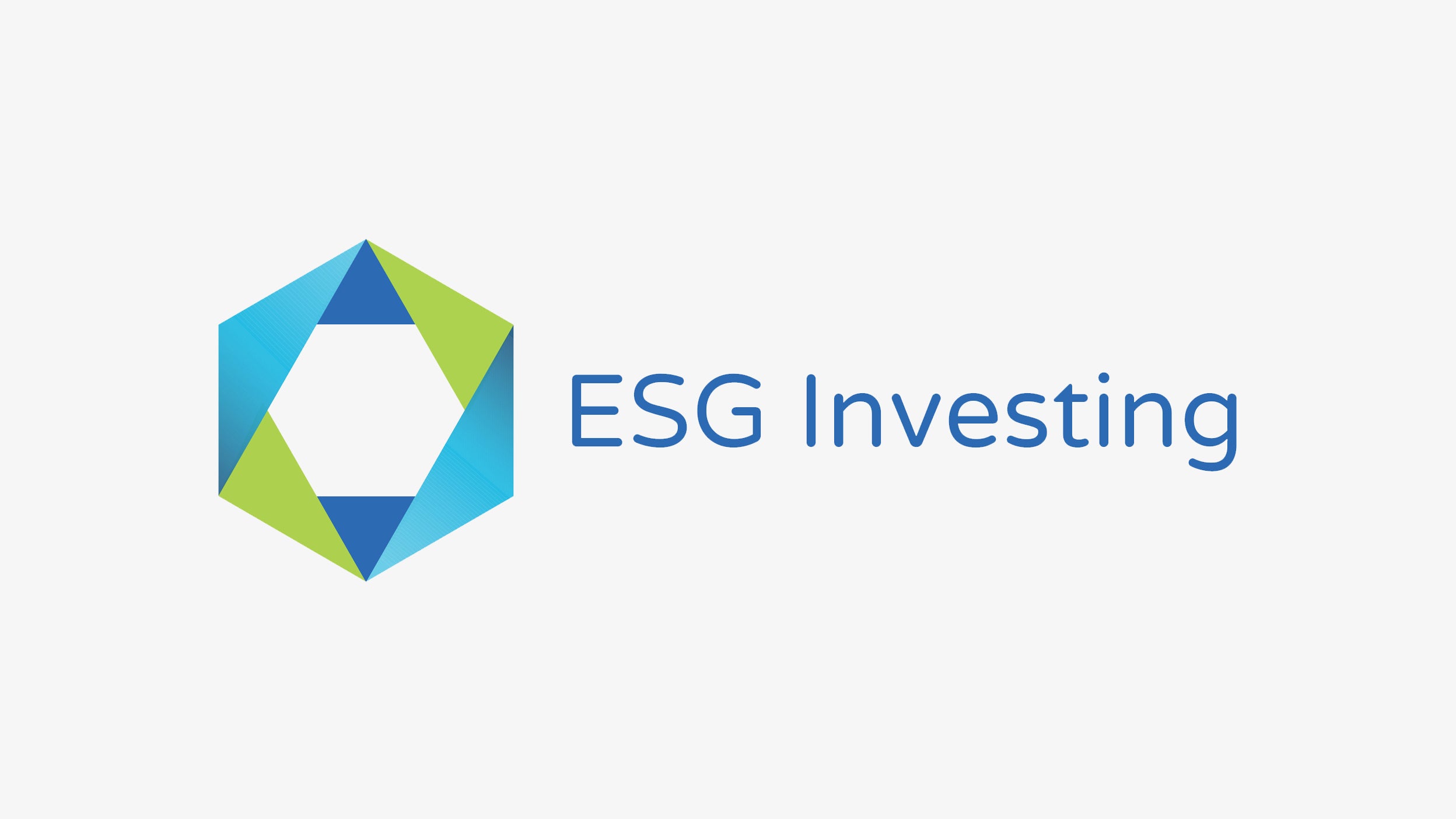
Awards for our ESG approach in broadly syndicated loans1
Best Specialist ESG Research
Any reference to a ranking, a rating, or an award provides no guarantee for future performance results and is not constant over time.
Innovating new possibilities for our clients for over 30 years
Broadly Syndicated Loans


Managing Director, Senior Portfolio Manager / Co-Head of Credit Research Kevin Egan

Managing Director, Senior Portfolio Manager / Co-Head of Credit Research Thomas Ewald

Managing Director, Senior Portfolio Manager / Co-Head of Credit Research David Lukkes
CFA®

Managing Director, Head of European Senior Loans / Senior Portfolio Manager Michael Craig
CFA®

Managing Director, Head of US Trading / Senior Portfolio Manager Seth Misshula
CFA®
FAQ
Broadly syndicated loans are loans issued by below-investment grade companies and purchased by institutional investors. Broadly syndicated loans are senior secured and have a floating rate coupon that adjusts with short-term interest rates.
Invesco uses these terms interchangeably to refer to the same types of loans — senior secured loans issued to below-investment grade companies and purchased by institutional investors.
The market for broadly syndicated loans has grown to over $1.5 trillion globally.
September 30, 2025.
Related insights
-
Private credit  Private credit
Private creditInside the evolution of Invesco’s private credit platform
Explore the structure, experience, and client-aligned approach that shaped Invesco’s private credit platform.
February 26, 2026 -
Private credit 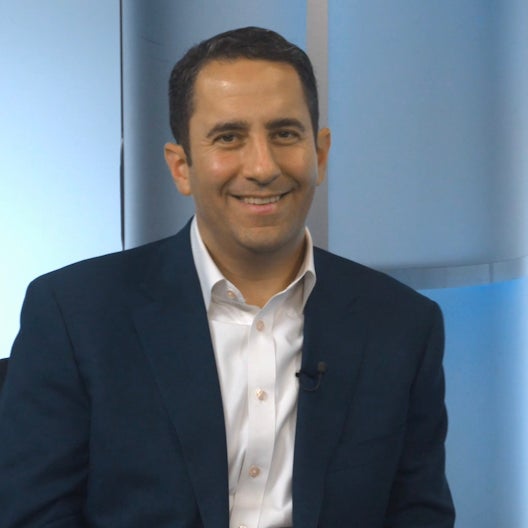 Private credit
Private creditWhy CLO Equities - Macroeconomics and credit cycle considerations
Explore how CLO equity can deliver stable returns in a declining rate environment through active credit selection and expert management.
February 10, 2026 -
Private credit 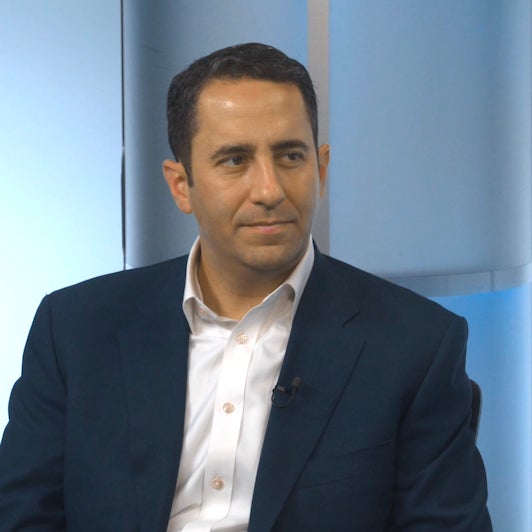 Private credit
Private creditWhy CLO Equities - Cash flow modeling and stress testing
CLO equity stress tests show strong returns even in stress, aided by widening spreads, low financing costs, and refinancing benefits.
February 10, 2026 -
Private credit 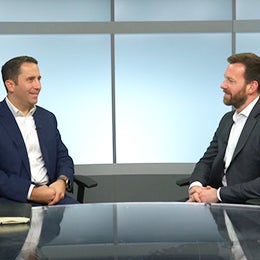 Private credit
Private creditWhy CLO Equities - Market Trends and Investor Perceptions
CLO equity offers institutional investors the potential for competitive income, diversification, and growth, enhancing portfolios beyond traditional fixed income and private equity.
February 10, 2026 -
Private credit 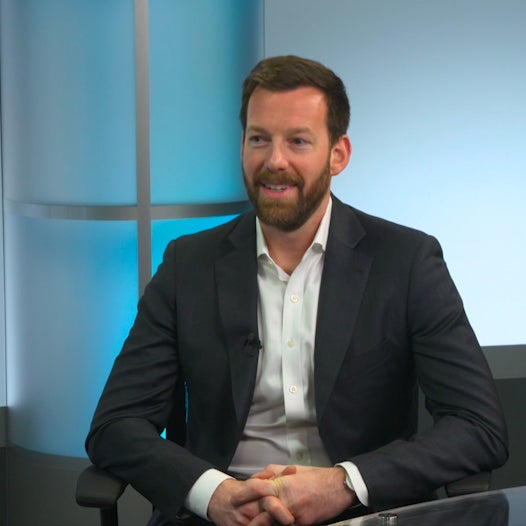 Private credit
Private creditWhy CLO Equities - Risk assessment and management
Discover how CLO equity investors manage downside risk and leverage market volatility through active credit risk strategies.
February 10, 2026
Explore more in Private Credit

Private Credit
We are a leading, long-tenured private credit manager, using a conservative credit process to pursue opportunities across syndicated loans, direct lending, and distressed debt.
Transcript

Direct Lending
Our team has decades of experience in sourcing, underwriting, and executing senior secured loans in the core middle market.
Transcript

Broadly Syndicated Loans
Our investment philosophy combines detailed asset risk assessments tied to broader economic trend analysis.
Transcript

Distressed Credit and Special Situations
Our integrated global credit platform provides a competitive edge in sourcing, diligence, and execution.
Transcript


Learn more about Invesco Private Credit
Please reach out to learn more about our capabilities in Direct Lending, Distressed Credit and Special Situations, and Broadly Syndicated Loans.
Important information
NA4514590
While the portfolio manager may consider Environmental, Social and Governance (ESG) aspects, they are not bound by any specific ESG criteria and have the flexibility to invest across the ESG spectrum. Information used to evaluate ESG factors may not be readily available, complete or accurate. ESG factors may vary across types of investments and issuers, and not every ESG factor may be identified or evaluated. There is no guarantee that the evaluation of ESG considerations will be additive to a strategy’s performance.


